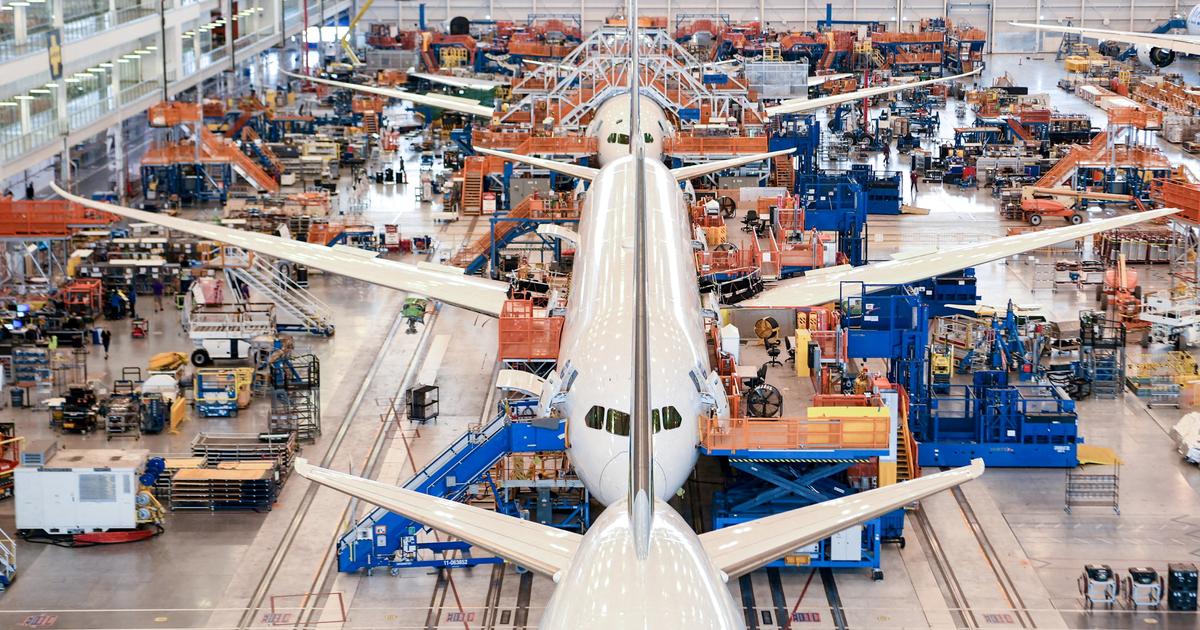Boeing and Airbus Face Scrutiny Over Potentially Falsified Titanium Certificates
Boeing and Airbus, the world's leading aircraft manufacturers, are currently under investigation by the Federal Aviation Administration (FAA) for allegedly using titanium supplied with false documentation. This discovery has implications for various models, including the Boeing 737 and 787 Dreamliners and the Airbus A220, produced between 2019 and 2023. According to industry sources, although the titanium appears to be of good quality, discrepancies in the certification documents have raised concerns.
The problem surfaced when Spirit AeroSystems, a key subcontractor for both Boeing and Airbus, identified a batch of titanium parts potentially accompanied by falsified documents. An employee from the Chinese supplier reportedly entered incorrect information, sparking an inquiry by multiple entities. While the FAA is leading the investigation, Spirit AeroSystems has assured that all affected titanium parts have been quarantined and more than 1,000 tests have confirmed their mechanical and metallurgical properties.
No Immediate Safety Risks Yet Identified
Despite the alarming nature of these findings, several aviation officials have emphasized that there is no immediate risk to aircraft currently in service. Boeing and Airbus have both stated that the affected models can continue to operate safely. Boeing announced plans to remove and replace titanium parts in undelivered aircraft, while Airbus reassured that the A220's ability to fly remains intact. Tests have so far indicated that the correct titanium alloy was used, alleviating some initial concerns about the material's quality.
Boeing has voluntarily informed the FAA about this issue and has urged suppliers to be vigilant against the possibility of falsified records. The FAA is now investigating the extent of the problem and its impact on aircraft safety.
Ongoing Challenges for Boeing
This controversy compounds a series of setbacks for Boeing, which has been dealing with various safety issues and federal investigations over the past year. Recently, Boeing reported insufficiently tightened fasteners on several 787 Dreamliners awaiting delivery. Additionally, the FAA is probing an incident involving a Boeing 737 MAX 8 that experienced a sideways roll during a flight in May. Boeing's CEO, Dave Calhoun, is expected to testify before a U.S. Senate committee next week regarding these ongoing safety concerns.
Airbus, which controls about 60% of the commercial airline market compared to Boeing's 40%, is also closely monitoring the situation. Both companies have stated their commitment to maintaining the highest standards of safety and quality in their aircraft.
- The American Transportation Safety Agency (NTSB) is currently investigating a recent incident involving a Southwest Boeing 737 MAX 8, which experienced a sideways roll during a flight. This event adds to the urgency of the ongoing investigations.
- Boeing has faced several issues in recent years, including the fallout from the 737 MAX crashes and subsequent worldwide grounding of the model. The company is under intense scrutiny to ensure all safety protocols are adhered to.
- Spirit AeroSystems, Boeing and Airbus's subcontractor, has taken swift action by conducting over 1,000 tests to verify the titanium’s properties used in aircraft. They emphasized that while documentation was falsified, the titanium itself remains of high quality.
- Boeing and Airbus have assured the public and regulatory authorities that all necessary measures are being taken to address and rectify the issue, maintaining their emphasis on safety and airworthiness.






